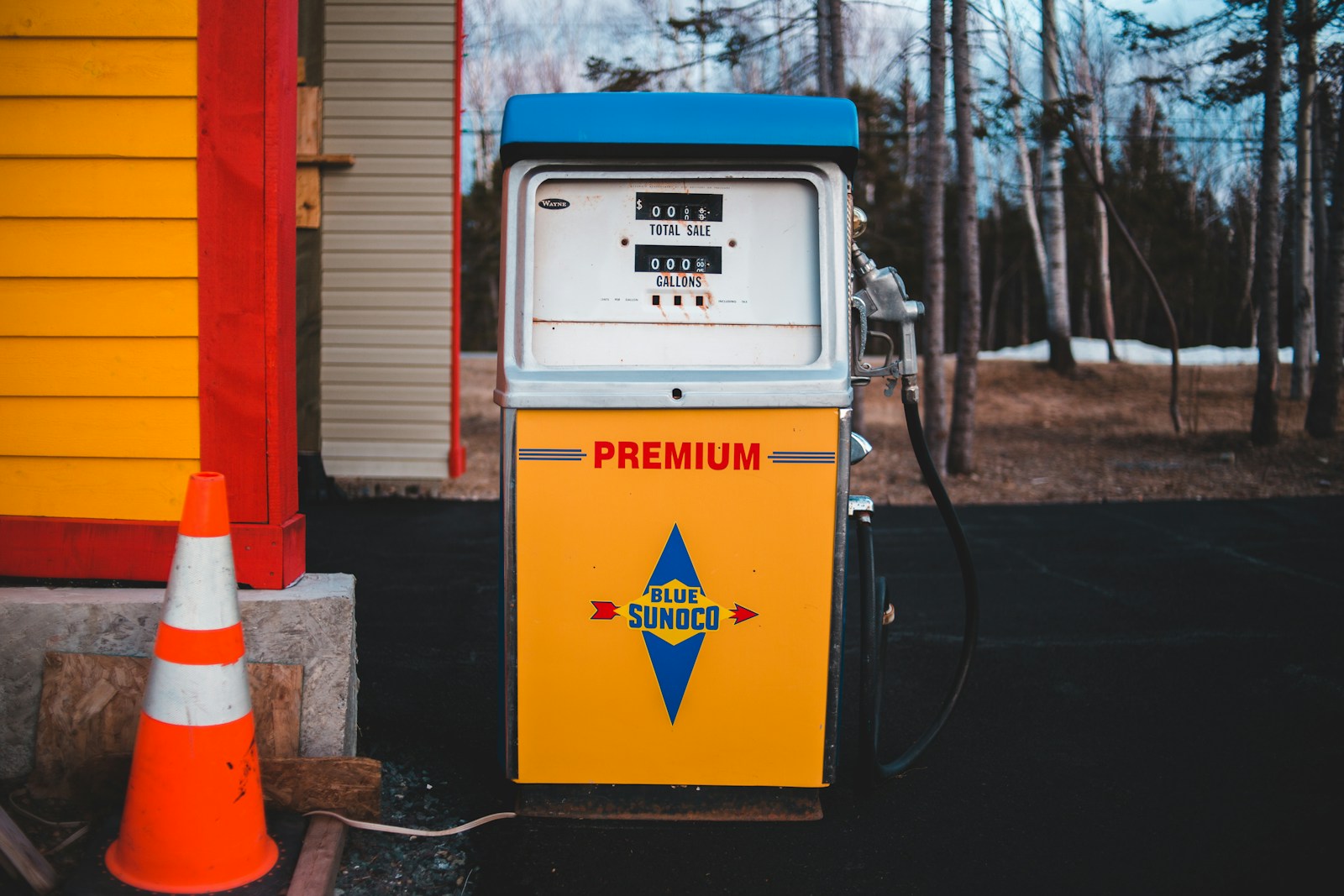
Many men fall victim to common maintenance myths that can lead to unnecessary expenses. Understanding these misconceptions can help save money and ensure vehicles operate efficiently.
Myth 1: Premium Gasoline Improves Performance
Most vehicles are designed to run on regular unleaded fuel. Premium gasoline is only necessary for high-performance models specified by manufacturers like BMW or Audi. Using higher octane fuel in standard vehicles is often a waste of money.
Myth 2: Changing Oil Every 3,000 Miles
While the 3,000-mile oil change rule was once standard, many modern engines can go 5,000 to 10,000 miles between changes. Following manufacturer recommendations can prevent unnecessary costs and waste.
Myth 3: Tire Rotation Isn’t Necessary
Regular tire rotation is essential for even wear and longevity. Ignoring this can lead to premature tire replacement, costing more in the long run. The NHTSA recommends rotation every 5,000 to 7,500 miles.
Myth 4: You Need to Flush Your Transmission Regularly
Transmission flushing is not always necessary and can sometimes cause more harm than good. Most manufacturers recommend changing the fluid every 30,000 to 60,000 miles, depending on the vehicle model.
Myth 5: Brake Pads Should Always Be Replaced with Rotors
It’s not always necessary to replace brake pads and rotors simultaneously. Inspecting both components can determine if one or the other needs replacement, saving money on unnecessary parts.
Myth 6: Synthetic Oil Is a Waste of Money
Synthetic oil can improve engine performance and efficiency, especially in extreme temperatures. While more expensive, it can extend engine life and reduce maintenance costs in the long run.
Myth 7: Air Filters Only Need Replacement When Dirty
Some believe air filters should only be changed when visibly dirty. However, manufacturers often recommend changing them every 15,000 to 30,000 miles to maintain engine efficiency.
Myth 8: Aftermarket Parts Are Just as Good
While aftermarket parts can be cheaper, they may not always meet the same quality standards as OEM parts. Using subpar components can lead to further issues and costs, according to industry experts.
Myth 9: You Can Skip Maintenance If You Don’t Drive Much
Even low-mileage vehicles require regular maintenance to prevent issues. Fluids can degrade over time, and components can wear out. Following the maintenance schedule is crucial regardless of mileage.
Myth 10: You Can Fix Everything Yourself
While DIY repairs can save money, some issues require professional expertise. Attempting complex repairs can lead to costly mistakes. It’s wise to consult a mechanic for major problems.
Conclusion
Being aware of these maintenance myths can help men save money and better manage vehicle upkeep. Regularly consult manufacturer guidelines and consider professional advice to avoid unnecessary expenses.



